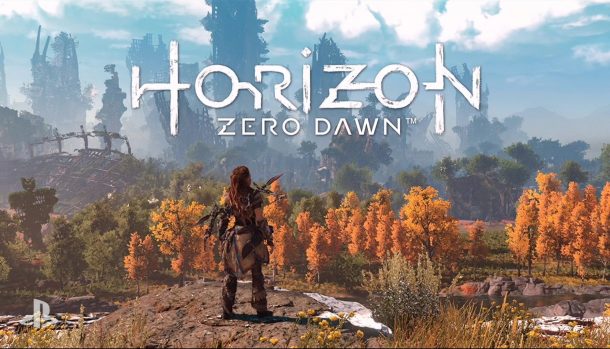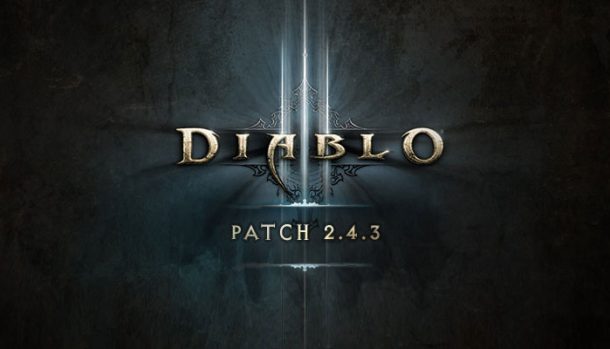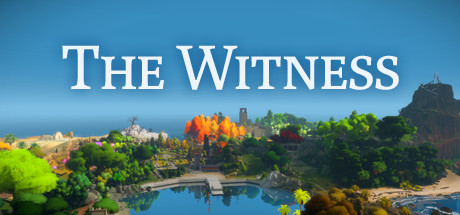Oh, those puzzle games… You know, one can state themselves to be a fan of puzzle games, have dozens of fully explored titles with every secret unlocked, an open mind towards new solutions and approach to puzzle solving, and yet remain baffled after half an hour spent playing The Witness. The creator of the cult game Braid, Jonathan Blow, made a great effort to exceed all expectations from anyone who anticipated his next creation. And he succeeded. Even if it’s a puzzle game at its core, The Witness is so much more.
The first thing you’re bound to notice after starting The Witness is the simplicity of puzzles before you. Almost all puzzles in the game follow the same pattern – you draw out a line on a square panel following unwritten rules. According to this, the puzzle itself will consist of two parts. The first part is figuring out its rules. Although some are really simple, some rules will require experience as well as a bit more thought. The second part is to use the acquired knowledge of its rules while solving the puzzle. The concept sounds simple enough? Well, listen to this.
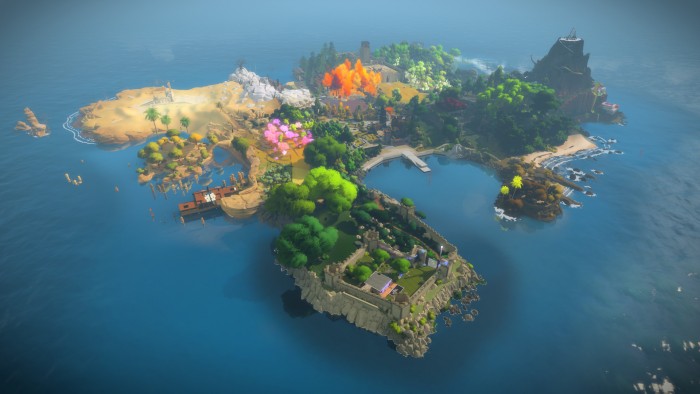
The Witness takes place in an open world. You have a completely open island before you, which is very well designed designed and divided into a bunch of different locations; with each one having its own unique set of puzzles. Nothing at all is stopping you from going wherever you want from the very beginning to try out some of the farthest hidden puzzles. However, that might not be the wisest thing to do. As you discover the initial puzzles, you will slowly begin to understand the rules they abide by. The game’s creator defines this as “learning the language of puzzles”, which is pretty accurate. With every new set of puzzles you’ll learn a bit more about the way they work and then, armed with that knowledge, you’ll be ready to go back to some earlier puzzles which, seemingly, didn’t make any sense before. Quite similar to learning a new language when you think about it. But the brilliance of The Witness doesn’t end here…
Although set in a seemingly divided world, the brilliance of the game lies within its deeper connections. By completing more and more puzzles in different locations, you will see the world as a whole, and how each separate location fits in that larger whole, and by carefully looking at the surroundings, you will find out its deeper mysteries. Throughout the game you will come across audio logs based on real philosophical and scientific thought, which will make you think deeper about this mysterious, yet at first glance minimalistic, story.
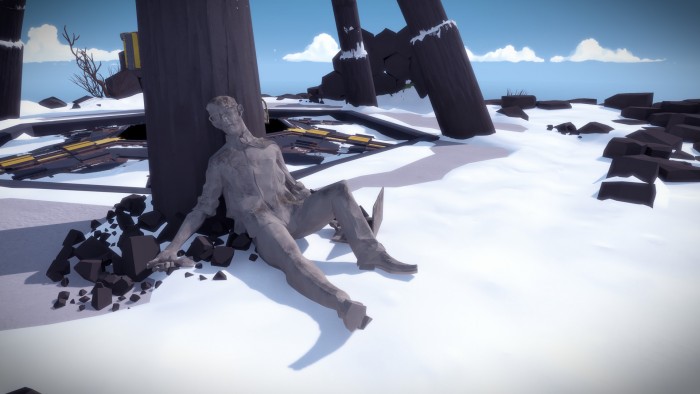
The openness of the world in which The Witness takes place, contributes a lot to the tempo in which you’ll be playing. As the game isn’t linear, it is completely up to you to choose which puzzles to solve first. There is no doubt that you will at some point run into a ‘wall’, either made of the puzzle’s difficulty or the lack of knowledge for its solving, or even your own lack of patience. In these moments, the openness of the world truly shines through. It will be more than welcome to simply turn around and go to another part of the world and look for more “solvable” puzzles which will then in turn surely uncover ways to solve the ones you gave up on before.
The Witness looks amazing. The whole island is beautifully designed and divided, and the overall visual appeal is at a high level because of lovely, colorful and vivid landscapes that beg to be explored. The game is missing music, although that actually plays to its benefit, because it depicts the lonesome atmosphere the player had found himself in. It also amplifies the significance of the sound effects which may every so often contain important hints regarding the puzzles or the story.
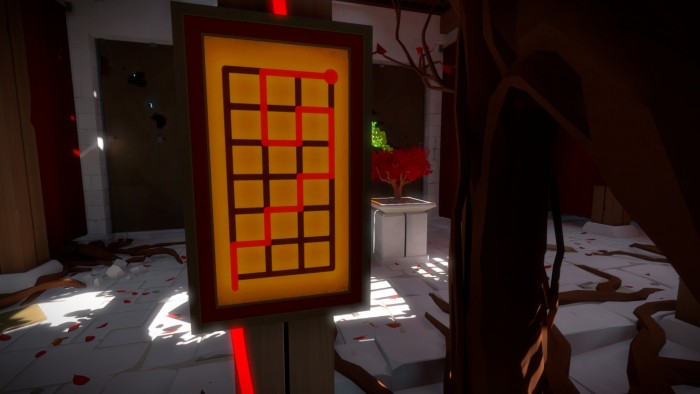
All this sounds rather spectacular and perfect, but we can’t overlook the flaws that lurk underneath this brilliance. The Witness is a game that is not for everyone. Although this may not sound as a flaw, but on the contrary – a positive, this time that’s not really the case. In its brilliance, The Witness missed the very essence of gaming. While hardcore fans of the genre and those who love solving even the most complex puzzles will have their perfection before them, a significantly bigger part of the audience will be denied the joy The Witness brings. The game’s complexity, which guards its essence like a father guards his teenage daughter, will turn away many players before even revealing the best this game has to offer. Although the players dictate their own tempo, it is evident that they’ll need a lot of patience, zeal and concentration to completely immerse themselves and enjoy the game. This is where The Witness fails and ends up being very selective about its audience. Even if this kind of title may receive high praise from critics because it’s judged by professionals, amongst the player community, which is the essence of the gaming industry, it won’t find much benevolence. It is rare to see a moment in which the creator’s brilliance turns back to bite him, but in this case – The Witness is just a bit too prodigal to grasp the undivided attention of an average gamer.
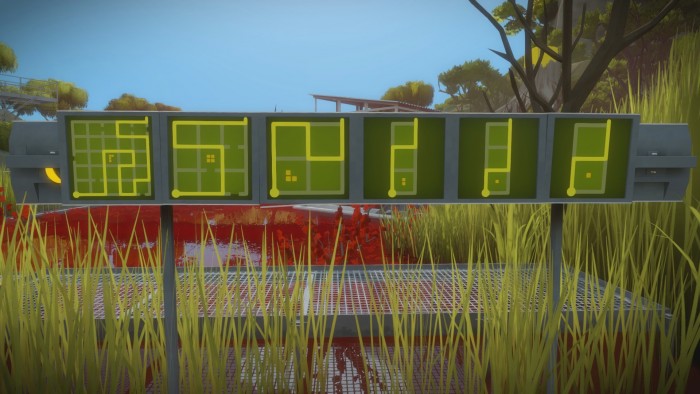
Although undoubtedly an extraordinary title, with great concept and undeniable complexity, The Witness still doesn’t manage to find a comfortable place within the community. It’s highly probable that you will either adore it or simply – forget it. The Witness offers over 30 hours of thought provoking gaming experience to every smart genre lover, but also the freedom of movement for those less enthusiastic. The freedom to move away from the screen and maybe towards a Sudoku puzzle in spring shade.
Author: Milan Živković

